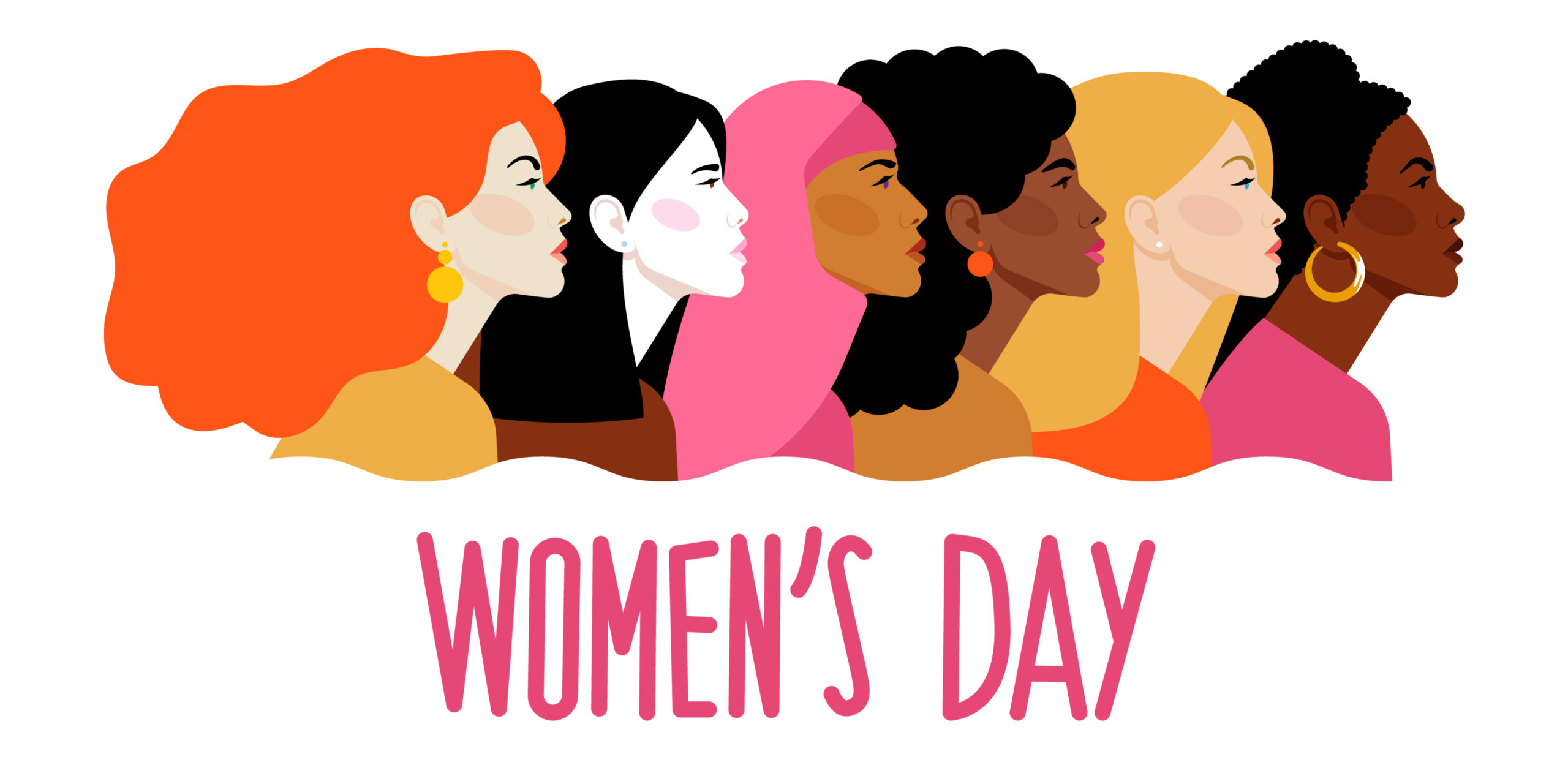
It’s not just about celebrating the women who have stood the test of time and are constantly climbing the ladder. It’s also about supporting those who struggle daily and remembering the forgotten women fighting for survival in conflict zones. Women are a network, not just a gender.
By Marita Kassis
On International Women’s Day, I watched as women from all walks of life supported each other, launched initiatives, provided guidance, and indiscriminately embraced womanhood in all its forms. It’s an undoubtfully inspiring day to see quotes from great women who have marked our past with actions, deeds, and movements.
Many names that have constantly redefined women’s social status highlighted their economic impact. Elevated women-led businesses could be listed. Women’s status worldwide is far from homogenous and perfect, even in the most advanced countries.
Issues of sexual harassment in the workplace are rampant and still far too silent. Whether for fear of reprisal or lack of evidence, women are subjected to the whims of powerful seats monopolized by men – linking advancement and progress to personal favors. The me-too movement might have taken Hollywood by storm and resulted in a cascade of events, but much more is happening in the background.
Women lead different battles in different countries. It’s an overarching era in which women seem to be linked to each other—even by a fragile thread. Each country has its challenges and hindrances, and women seem to be trying to tackle each separately.
One side that goes overlooked when celebrating women is the dark side of the coin. On this day, we should also remember the women who are victims of rape and sexual crimes instigated by endless wars and unstable environments where assault, in all its forms, is weaponized in conflict. Communities in war-torn countries and developing ones suffer in the name of political instability and vindictive behavior. Conflict zones will always remain at the heart of such heinous crimes, thus demanding global action, not just attention.
Conflict is not just when it’s ongoing, but its aftermath is even more devastating. After the dust settles, women are sometimes left as single parents, responsible for running a household, finding a job, feeding their kids, and maintaining a whole family that is still trying to mend after tragedy and loss.
They even embark on quests to return their loved ones and their remains or learn about their whereabouts. In such dire times, women have no real support, no psychological help, no financial reference, and no governmental backing. It’s just communities and NGOs at this point.
Violation of human rights is the first price that communities pay in times of war: women, children, unarmed civilians… Women’s rights should not be overlooked because no plan of action has been put in place to support an ecosystem that goes beyond paperwork and condemnation. Nongovernmental organizations alone cannot do the job. Governments, military institutions, and other formal bodies should be ready to protect and act.
Many overlook that when we celebrate women, we don’t just celebrate them alone; we applaud a whole network that propels advancement, businesses, social balance, humanization, values, mothers, and society. We can’t expect to have a fully functioning society if half of its population feels discriminated against and unvalued.
We increasingly witness an ideological and political gap regarding social demands and governmental policies. Abortion, minimum wage, marriage, and long-running injustices are sparking heated debates and redefining social contracts. Even today’s Gen Z seems to be trying to find its footing in societies that seem to be transitioning and moving away from the set-in-stone patriarchal mentality and gender superiority.
There is much more to be done, and change hasn’t even begun in some countries… but the #MeToo movement has triggered something. Even if it seems to have slowed down, it did provide roots for long-lasting initiatives to carry the mantle.
On Women’s Day, like every other day, remember those fighting, the fights themselves, the rhetoric, the narrative, and the story behind every step forward. Nothing good ever comes easy; for women, it seems to be double the effort everywhere. Applaud those who have succeeded, support those who are trying, stand by those still fighting, and help those who are yet to start. Women are a network, not just a gender.
Remember all women – everywhere.
I hope that we will reach a day where leading is a qualification, jobs are naturally all-inclusive, and sexual harassment is not a manipulative card. I hope future generations will refer to experience, qualifications, and skills without relying on a chromosome-based quota.






